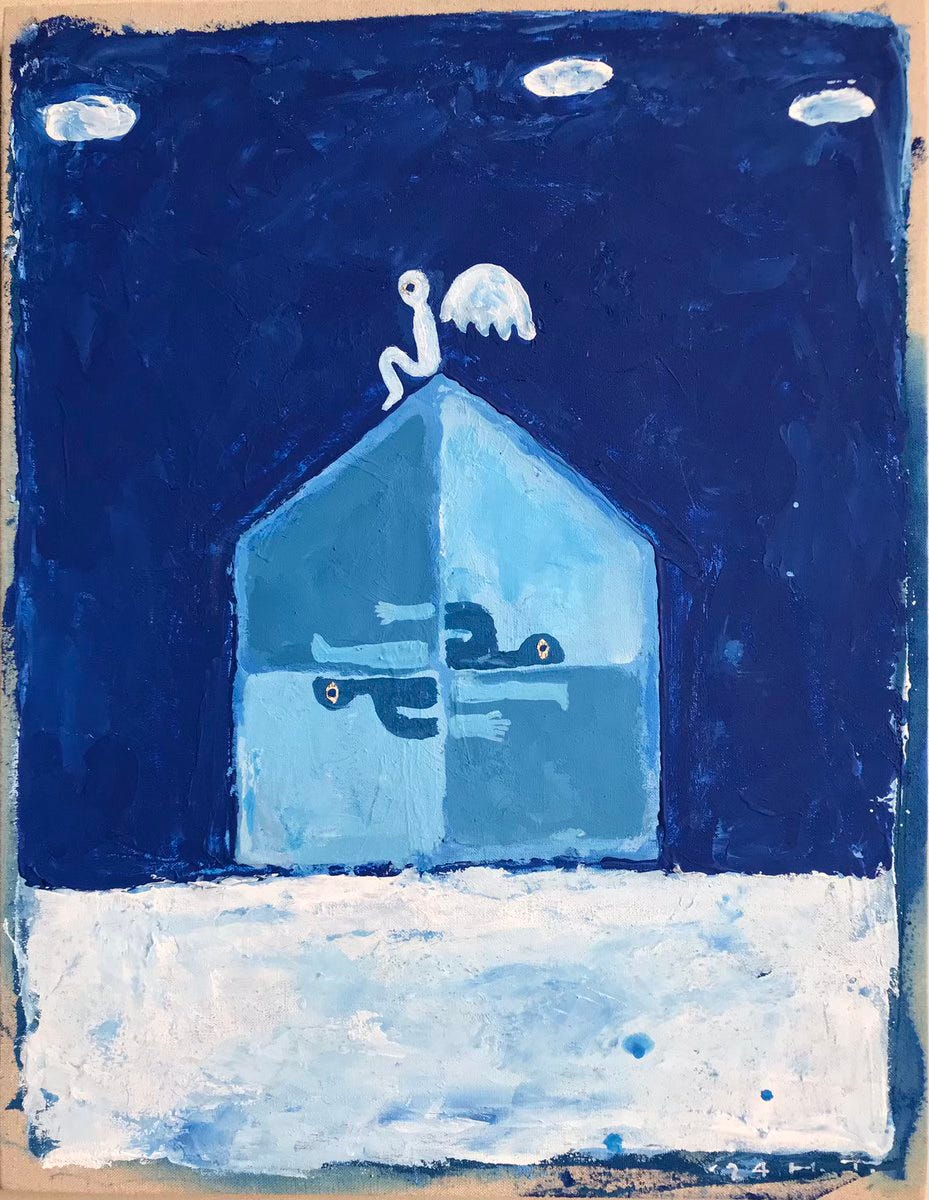My best advice for a socially anxious teenager, child or self
Here are 12 life-changing techniques - please, pass them on and change a life!!

Dear You,
The other day, a mom tagged me on social media. I should mention, for reasons that will soon become clear, that this mother is an oncologist: i.e., she makes an outsized contribution to society.
And she’s going through a hard time:
So of course I read this and felt a wave of helpless empathy for this mom, and for this smart young guy who, like his mom, has so much to contribute, and whose school (and emotional) life sounds so difficult.
But helpless empathy won’t do much good - whereas the following suggestions may:
Yes, being able to relate to your son, and to honor his true self and his innate gifts, and to give him the space to vent, is a precious gift. I can’t tell you how many thousands of letters I’ve received from people whose parents inadvertently judged and misunderstood them, and didn’t notice the gifts that came naturally to them. Your son is so lucky to have you!
You can also arm your son with strategies he can use to overcome, or at least to manage, his anxiety.
The heart of these strategies is the principle of de-sensitization. This means exposing your son (and eventually, your son learning to expose himself) to that which he fears - but to do this in very small, very bite-sized steps, so that little by little he might retrain his amygdala (the small, almond-sized organ in our brains, that regulates our fear responses) to know that he will not in fact be swallowed up by humiliation when he speaks in class.
Look for places outside of school where he can practice these skills - a social skills workshop, a workshop for people with public speaking/social anxiety. Here’s the excellent one I did, when I was overcoming my own public speaking phobia.
But much of this work can be done at school. Make an appointment to talk to your son’s teacher. Approach her as a partner, rather than as an adversary. Let her know how much your son understands the material, how engaged he is in class. Explain that he struggles even to ask her questions (many teachers are non-shy extroverts who understandably have no idea what this could feel like). Ask for her help. Most people are at their kindest, when asked for help.
Working on the theory of small, bite-sized steps: ask your son if he can prepare a question to ask the teacher after class. (Let the teacher know, behind the scenes, to expect him.) After he’s done this, reward your son (e.g., with his favorite dinner).
Next, ask your son if he can prepare something to say, or a question to ask in class — and to give himself a push to raise his hand. In case he’s afraid his mind will go blank, he can jot down his thoughts on a piece of paper. Let him know that it’s often easiest to speak up early in class, so he’s not sitting there getting more and more nervous. Again, after he’s done this, reward him. (If you’re an adult, you can do the same thing in meetings at work.)
Make a game of taking these small and bite-sized steps. After your son has gotten comfortable with raising his hand once, he can start doing it twice. And three times. And so on. Eventually, he’ll amaze himself by how much more comfortable he feels.
For a little inspiration, here’s Deb Liu, the CEO of Ancestry.com, who grew up “extremely shy and introverted.”
I grew up extremely shy and introverted. I had to force myself to take speech and debate classes in high school. I became captain of my Forensics team my Senior Year of high school. When I went to business school, I made myself speak up in class so I would get a good participation grade. I took multiple speaker training courses at work. Today, I speak comfortably in front of people….” You can read more, here.
Ask your son to notice all the times his classmates raise their hands and say ridiculous things that make no sense, or smart-sounding things that are only half-right, and no one cares.
Help him to find activities and interests that he’s good at and loves to do (science clubs? running track? It could be anything) and try to situate him in such a way that he gains mastery. Mastery breeds self-confidence (rather than the other way around).
Spending as much time as possible in activities he truly enjoys will also put your son in situations where he can practice social skills in a happier and more relaxed setting, such that his “behavioral activation system” (BAS) will override his “behavioral inhibition system” (BIS). I always think of a shy two-year-old I know, who, while running joyfully down the sidewalk, happened to encounter another two-year-old. Normally, the shy toddler would have regarded his peer seriously and quietly. But this time, he excitedly gave her a flower. That’s what it looks like when your BAS is revved up.
Everything I’ve just said applies to fully-grown adults just as much as it does to teenagers and children.
***I’ve kept this Kindred Letter free and un-paywalled, because these are life-changing techniques. I hope that you’ll share them far and wide, and change a few lives in the process.
Next week, I’ll also send you a guide that teachers can use for report cards, parent-teacher conferences, etc, to describe their thoughtful, reflective students in the positive light they deserve.
Paid and scholarship subscribers will also receive next week:
*Advice for raising a quietly strong child; and
*The replay video of this our delicious Candlelight Chat this past Tuesday with Pico Iyer, aka “one of the most soulful and perceptive writers of our time”!
I hope you’ve found today’s Kindred Letter helpful, for the socially anxious people in your own life. Did any of these techniques resonate particularly with you?
As usual, I’d love to hear from you - and from all of you to learn from each other. Please post a comment below!







I’m a 30 year educator and I have a suggestion for the teacher. Some students (read: people) are reflective thinkers. Sometimes give your students some time to WRITE a question. Then collect them and randomly read a few. Change it up! We all don’t respond the same, even as adults. It is not a sign of being a poor student.
I resonate with this deeply. As a child, I often stayed quiet and avoided attention. Now, as a teacher, I see the same traits in some of my adult students—anxious, reserved, not wanting to be noticed. This understanding helps me address these issues more effectively, sharing my own experiences to connect with them.
As I grow and reflect more on my past, I am uncovering things from my childhood and school years that I wish I could have talked about back then. With my son, I can only hope to provide the support I needed.
To my younger self, I’d say: "School is a place for learning, and it's okay to mess up. In fact, making mistakes is a crucial part of learning. In the bigger picture of life, these mistakes will matter very little."